This year amidst the Coronavirus crisis, the Polish party PiS (Law and Order) has managed to, thanks to the signature of the president Andrzej Duda, push through a bill which gives the polish public media TVP and Polskie Radio two billion zloty as a compensation for the losses they have faced during the pandemic ( Janoś, 2020). This has caused a huge outrage from the opposition, which not only claims that the so-called public media are politically affiliated to the right-wing ruling party, but also that the money should have been spent on oncology or other health sectors, which suffered profusely when having to carry the weight of the consequences of the virus outbreak (Newsweek, 2020). This debate about the distribution of money among various institutions is an important discourse, which brings into question the values that unify or separate political parties. However, this act of moving such large amounts of money to support national television opens up another, very important question – that is, who gives the direction of the public discourse and what are thus the conditions of existence for other players such as independent media?
Independent media are those, which are free from the influence of the government. They are important elements of the society as they allow access to unbiased information, scientific research and encourage an open discussion between the general public and the experts (Pyle, 2014). They also serve as outlets that safeguard the integrity of journalism, decreasing the spread of propaganda among citizens. In Poland the conditions under which free media is able to operate leave a lot to wish for, especially when it comes to funding. One example, which the article focuses on, are publications made by Think Tanks. These are non-profit and organised by politically and socially active people, who are from, but not limited to, the academic field. They are directly involved with the political trajectories of a country and offer innovative solutions to ongoing issues. They also form a platform, where citizens can openly converse, ask questions and exchange viewpoints in order to expand their knowledge and their perspective (Szlachetko, 2014).
In order to stay sovereign, Think Tanks, unlike the national television, must support themselves from grants and private funding, which means it is difficult for them to find a sustainable source of money (Biznes Newseria, 2017). In Poland their existence is therefore endangered, which in the long run means homogenization of media and a lack of diversified sources of information. In today’s reality, where the race between countries is to create a critically thinking, engaged, independent and socially involved citizen (Graham, Sak, 2016), decreasing variety of media is definitely a step backwards, which stunts growth and development and a big reason for concern.
Sources
Biznes Newseria, 2017. Coraz Większe Znaczenie Think Tanków W Polsce. Wyzwaniem Jest Uzyskanie Finansowania Pozwalającego Zachować Niezależność. [online] Biznes.newseria.pl. Available at: <https://biznes.newseria.pl/news/coraz-wieksze-znaczenie,p935823023> [Accessed 19 December 2020].
Janoś, K., 2020. 2 Mld Zł Dla TVP I Polskiego Radia. W Przyszłym Roku Pis Też Chce Dać Pieniądze. [online] www.money.pl. Available at: <https://www.money.pl/gospodarka/2-mld-zl-dla-tvp-i-polskiego-radia-w-przyszlym-roku-pis-tez-chce-dac-pieniadze-6579735637109664a.html> [Accessed 19 December 2020].
Newsweek, 2020. 2 Miliardy Złotych Na TVP I Polskie Radio. Pis Przegłosował Ustawę. Joanna Lichocka Pokazała Palec. [online] Newsweek.pl. Available at: <https://www.newsweek.pl/polska/polityka/pis-przeglosowal-ustawe-2-miliardy-zlotych-na-tvp-i-polskie-radio/7fcqqre> [Accessed 19 December 2020].
Pyle, N., 2014. The Role Of A Free And Independent Media In Development. [online] Foreign Office Blogs. Available at: <https://blogs.fcdo.gov.uk/nickpyle/2014/05/12/the-role-of-a-free-and-independent-media-in-development/> [Accessed 19 December 2020].
Szlachetko, J., 2014. Think Tank – Co To Jest I Jak Może Się Przydać W Samorządzie Terytorialnym?. [online] Prawo.pl. Available at: <https://www.prawo.pl/samorzad/think-tank-co-to-jest-i-jak-moze-sie-przydac-w-samorzadzie,93003.html> [Accessed 19 December 2020].
Graham, W. and Sak, A., 2016. Miasta Wyśnione. Kraków: Wydawnictwo Karakter.

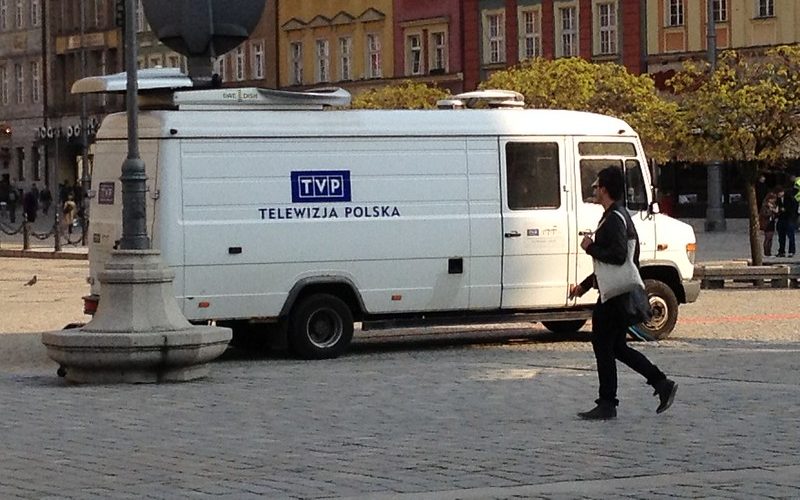
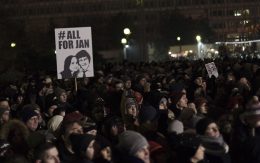
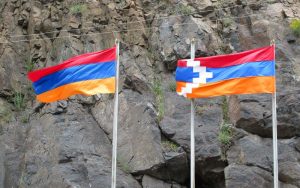
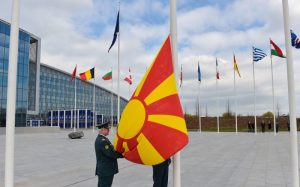
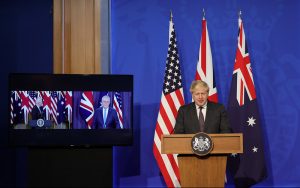


Be First to Comment